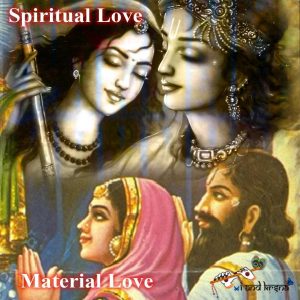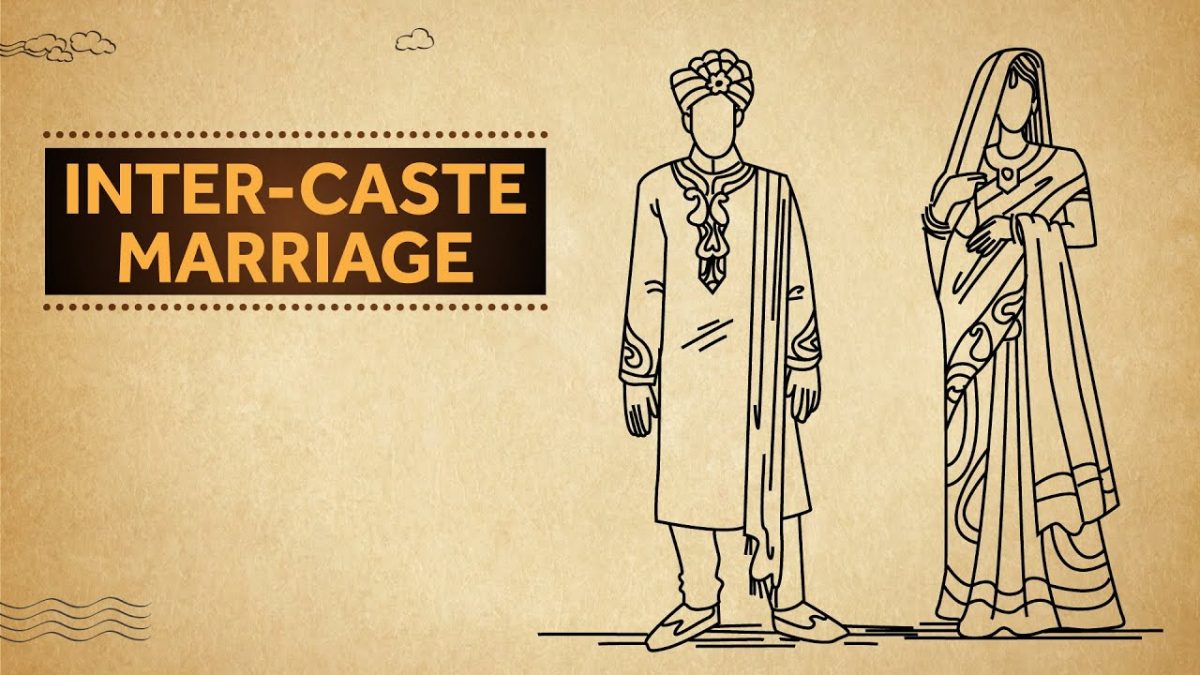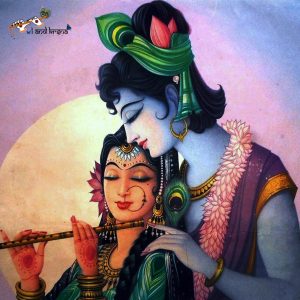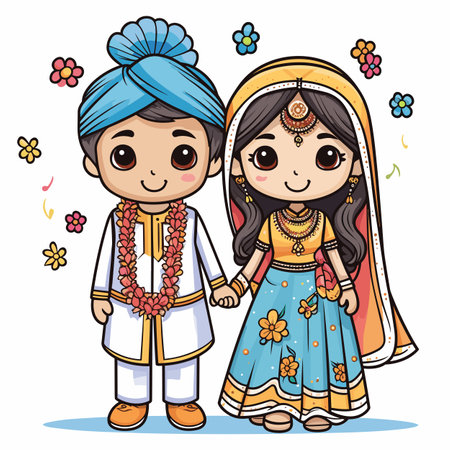Why it is important to marry a partner of like disposition?
Example 1:
In spite of his condemning persons who approach the Lord for material advantages, Kardama Muni expressed his material inability and desire before the Lord by saying, “Although I know that nothing material should be asked from You, I nevertheless desire to marry a girl of like disposition.” The phrase “like disposition” is very significant. Formerly, boys and girls of similar dispositions were married; the similar natures of the boy and girl were united in order to make them happy. Not more than twenty-five years ago, and perhaps it is still current, parents in India used to consult the horoscope of the boy and girl to see whether there would be a factual union in their psychological conditions. These considerations are very important. Nowadays marriage takes place without such consultation, and therefore, soon after the marriage, there is divorce and separation. Formerly husband and wife used to live together peacefully throughout their whole lives, but nowadays it is a very difficult task.
Kardama Muni wanted to have a wife of like disposition because a wife is necessary to assist in spiritual and material advancement. It is said that a wife yields the fulfillment of all desires in religion, economic development and sense gratification. If one has a nice wife, he is to be considered a most fortunate man. In astrology, a man is considered fortunate who has great wealth, very good sons or a very good wife. Of these three, one who has a very good wife is considered the most fortunate. Before marrying, one should select a wife of like disposition and not be enamored by so-called beauty or other attractive features for sense gratification. In the Bhagavatam, Twelfth Canto, it is said that in the Kali-yuga marriage will be based on the consideration of sex life; as soon as there is the deficiency in sex life, the question of divorce will arise.
Kardama Muni could have asked his benediction from Uma, for it is recommended in the scriptures that if anyone wants a good wife, he should worship Uma. But he preferred to worship the Supreme Personality of Godhead because it is recommended in the Bhagavatam that everyone, whether he is full of desires, has no desire or desires liberation, should worship the Supreme Lord. Of these three classes of men, one tries to be happy by the fulfilment of material desires, another wants to be happy by becoming one with the Supreme, and another, the perfect man, is a devotee. He does not want anything in return from the personality of Godhead; he only wants to render transcendental loving service. In any case, everyone should worship the Supreme Personality of Godhead, for He will fulfill everyone’s desire. The advantage of worshiping the Supreme Person is that even if one has desires for material enjoyment if he worships Krishna he will gradually become a pure devotee and have no more material hankering.
Example 2:
The nine principal is, or sages, are Marici, Atri, Angira, Pulastya, Pulaha, Kratu, Bhrgu, Vasistha and Atharva. All these rsis are most important, and Brahma desired that the nine daughters already born of Kardama Muni be handed over to them. Here two words are used very significantly–yatha-silam and yatha-ruci. The daughters should be handed over to the respective rsis, not blindly, but according to the combination of character and taste. That is the art of combining a man and woman. Man and woman should not be united simply on the consideration of sex life. There are many other considerations, especially character and taste. If the taste and character differ between the man and woman their combination will be unhappy. Even about forty years ago, in Indian marriages, the taste and character of the boy and girl were first of all matched, and then they were allowed to marry. This was done under the direction of the respective parents. The parents used to astrologically determine the character and tastes of the boy and girl, and when they corresponded, the match was selected: “This girl and this boy are just suitable, and they should be married.” Other considerations were less important. The same system was also advised at the beginning of the creation by Brahma: “Your daughters should be handed over to the rsis according to taste and character.”
According to astrological calculation, a person is classified according to whether he belongs to the godly or demoniac quality. In that way, the spouse was selected. A girl of godly quality should be handed over to a boy of godly quality. A girl of demoniac quality should be handed over to a boy of demoniac quality. Then they will be happy. But if the girl is demoniac and the boy is godly, then the combination is incompatible; they cannot be happy in such a marriage. At the present moment, because boys and girls are not married according to quality and character, most marriages are unhappy, and there is divorce.
It is foretold in the Twelfth Canto of the Bhagavatam that in this age of Kali married life will be accepted on the consideration of sex only; when the boy and girl are pleased in sex, they get married, and when there is a deficiency in sex, they separate. That is not actual marriage, but a combination of men and women like cats and dogs. Therefore, the children produced in the modern age are not exactly human beings. Human beings must be twice-born. A child is first born of a good father and mother, and then he is born again of the spiritual master and the Vedas. The first mother and father bring about his birth into the world; then the spiritual master and the Vedas become his second father and mother. According to the Vedic system of marriage for producing children, every man and woman was enlightened in spiritual knowledge, and at the time of their combination to produce a child, everything was scrutinized and scientifically done.
Source: A.C. Bhaktivedanta Swami Prabhupada (2014 edition), “Srimad Bhagavatam”, Third Canto, Chapter 15 – Text 24 and Chapter 21 – Text 15



















